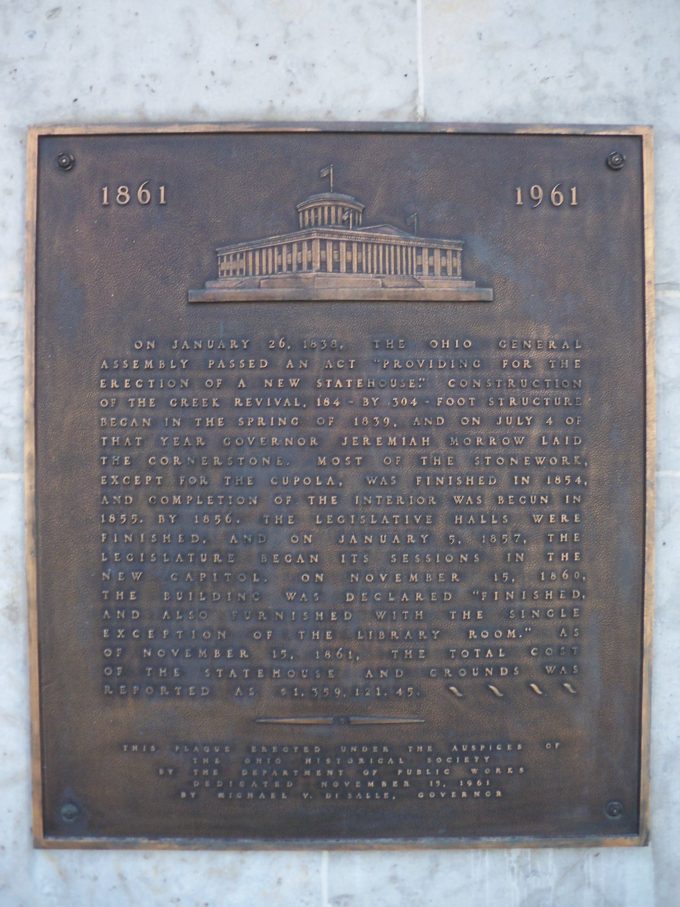
Wednesday, 15 January 2020
Yes, I think it is right, as long as I am in this tent, to stir you up by reminding you, 2 Peter 1:13
Peter had just said in the previous verse that he “will not be negligent to remind you always of these things.” As an added statement of the necessity of this, he says, “Yes, I think it is right.” Despite the fact that, as he also said in the previous verse, they “know and are established in the present truth,” he knew that it was right and proper to continue to remind them of what was expected of them, as he next says, “as long as I am in this tent.”
Here, Peter goes to the Old Testament symbolism of the Feast of Tabernacles which was one of the three pilgrim feasts for the people. The feasts are “Feasts of the Lord,” but three of them were specifically to be observed by the men of Israel in Jerusalem – Passover, Pentecost, and Tabernacles. At Tabernacles, the people would dwell in temporary shelters they erected. These pointed to the life of a believer after coming to Christ.
Peter is acknowledging that he is not yet glorified, and that his current walk was only a temporary one, which would eventually come to an end. For each believer, the typology of the Feast of Tabernacles is to show that just as Christ came and dwelt among us in a temporary tent, so we too continue to live in a temporary tent, awaiting our final heavenly body. The things which the tent was to be constructed of (as mandated in the law) speak of the life of the believer after coming to Christ.
Peter is showing that the Feast of Tabernacles is fulfilled in Christ, and that he is participating in his true pilgrim feast until his death. Until that time, he says that he will not fail to fulfill his duties, but he will write – as he says – “to stir you up by reminding you.” The intent is to move his reader to action through constant reminder of right conduct and attitude. The reminding is to be the cause of the stirring up. He will continue his explanation of why he feels the urgency of this in the coming verse.
Life application: When you haven’t studied math in a long time, you tend to forget the way to do calculations (long division anyone?). When you don’t study a foreign language you once knew, you tend to forget its proper construction, and eventually you forget even the words to speak. Likewise, if we distance ourselves from studying the Bible and what it reveals, when we neglect church and the fellowship it provides, when we skip over sharing in the Lord’s Supper, etc., we grow cold and forgetful about the very things which brought us to Jesus in the first place.
As Peter said four verses ago – “For he who lacks these things is shortsighted, even to blindness, and has forgotten that he was cleansed from his old sins.” Yes, there can even be a point where we forget we had even called on Jesus at all. What an immense shame it will be for such a person to face Jesus, not for condemnation, but a salvation that brings no rewards. Such a life is one wasted on fruitlessness and a complete lack of appreciation for the great salvation wrought on his behalf.
Because of our short-sightedness in life, Peter wants to stir us up by reminding us not to fall away. He says that he would do this “as long as I am in this tent.” The tent, as noted above, is speaking of his body. He uses the term to indicate that it is only a temporary dwelling place and not his permanent home. His wording is used to remind us that we should feel the same. We are merely pilgrims passing through this life, and we should be ever expecting a greater dwelling place, an eternal abode where we will be in the presence of the Lord who saved us.
Lord, give us hearts and minds that look like the faithful who have gone before us, with the expectation of a better home and a permanent dwelling. As we abide in our current tents, may we continue to refresh our memories concerning the great truths which the Bible proclaims concerning Jesus and His glorious gospel. Amen.
